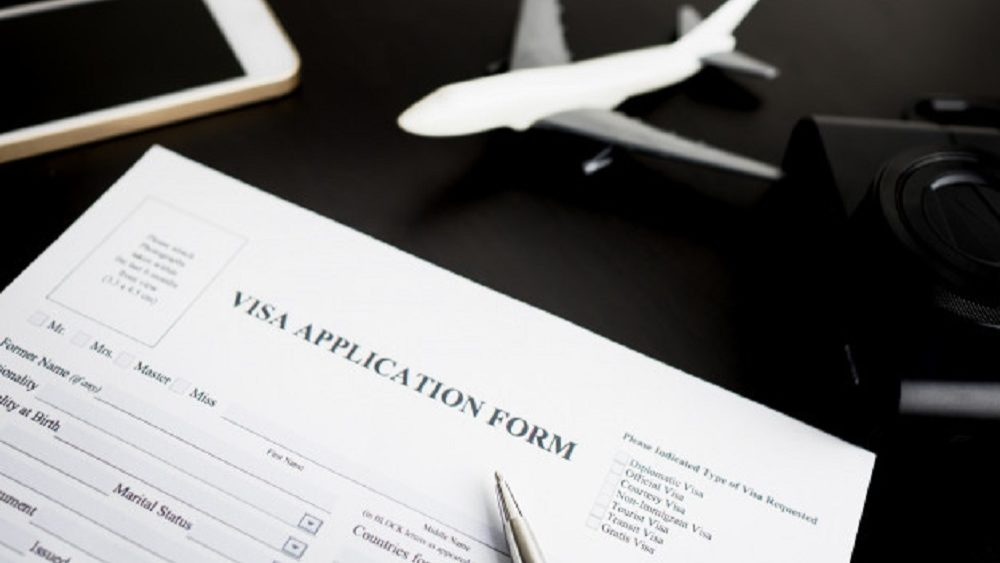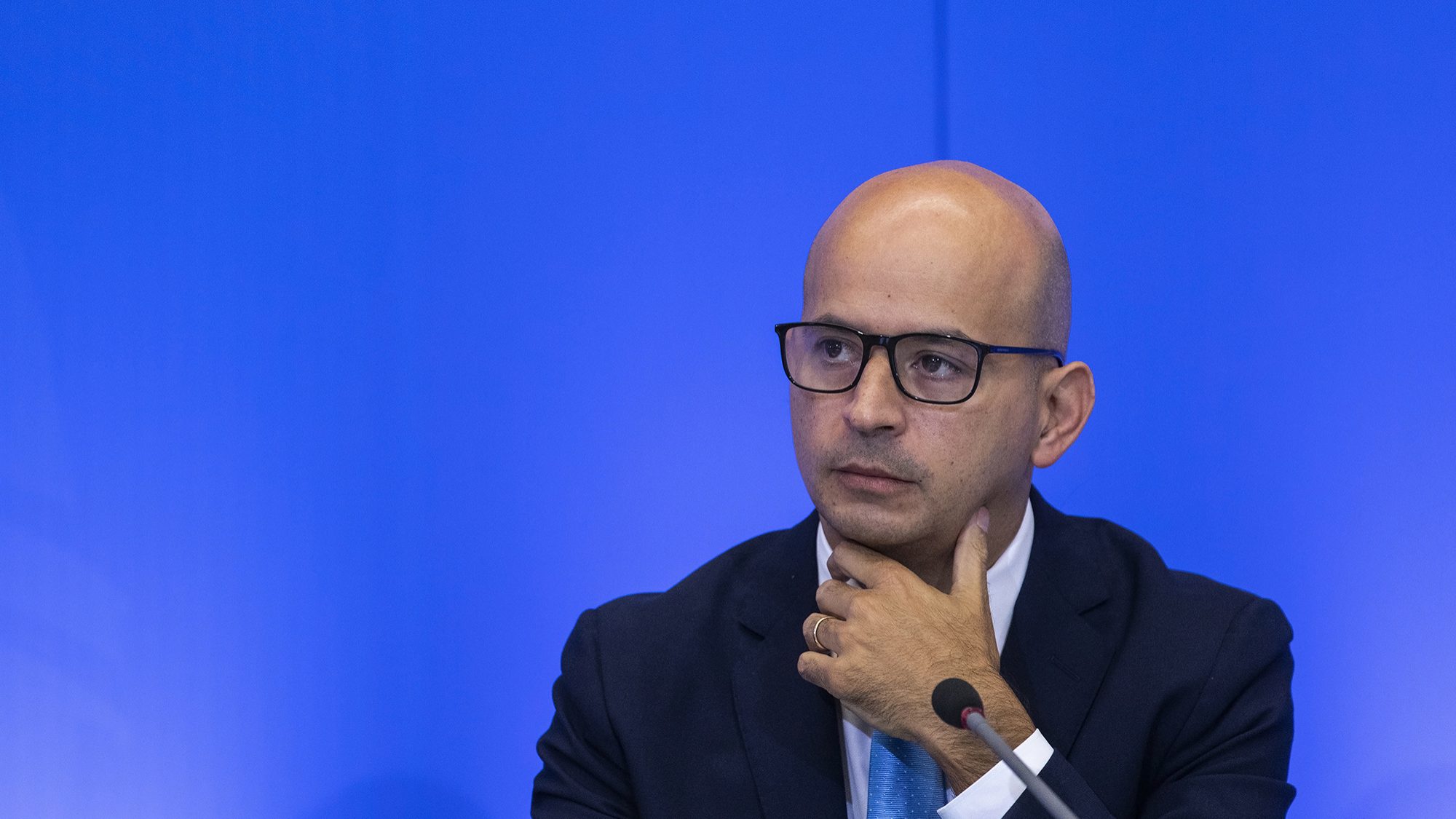Anti-money laundering duties published
The Regulation on General and Specific Duties to Prevent and Combat Money Laundering and Terrorist Financing will enter into force in late February.
The refusal of business, the reporting of suspicious money laundering operations and the identification of customers and beneficial owners are on the list of duties of non-financial entities supervised by ASAE, according to the regulation published.
The Regulation on General and Specific Duties to Prevent and Combat Money Laundering and Terrorist Financing, written by the Food and Economic Security Authority (ASAE) and published on Monday, will enter into force in late February, 60 days after its publication, establishing the conditions and content of the exercise of the duties.
Among the non-financial entities covered by the regulation, listed by a regulation in 2017, are notably traders trading goods or providing services paid in cash, money lenders, auditors, certified accountants and tax consultants, lawyers, solicitors and notaries, concessionaires of casinos and bingo halls, entities paying out betting and lottery prizes, traders of rough diamonds and companies transporting funds and valuables.
“Obliged entities that operate, partially or exclusively, in the form of distance contracting in the trade of goods or provision of services are also subject to compliance with the provisions of this regulation,” reads the regulation signed by the Inspector General of ASAE, Pedro Portugal Gaspar.
On the duty to refuse, the regulation states that these entities “refuse to initiate business relations, carry out occasional transactions or perform other operations, when they do not obtain the identifying elements and the respective means of proof provided for the identification and verification of identity” of the customer, its representative and the beneficial owner.
“Obliged entities have the duty to immediately inform the Central Department of Investigation and Prosecution of the Attorney General’s Office (DCIAP) and the Financial Intelligence Unit of the Judicial Police whenever they know, suspect or have sufficient reason to suspect that certain funds or other assets, regardless of the amount or value involved, come from criminal activities or are related to the financing of terrorism,” the regulation further states.
This communication, it also reads, “must contemplate all the operations proposed to the obliged entities, as well as any other operations attempted, still in progress or that have already been executed”, and must be kept for seven years by the obliged entities “and made available to ASAE at the time of the inspection or whenever requested” by this authority.
Another obligation set out in the regulation is to have an internal system to control money laundering and terrorist financing risks, materialised in a prevention manual and with periodic evaluations, “made available to ASAE at all times, at the time of inspection or whenever requested” by this authority.
The regulation also defines the procedure for the identification of customers through the completion of templates published in an annex to the regulation and available for use on the Internet domain of the ASAE and the identification of beneficial owners.
The duty of training in the prevention of money laundering and terrorist financing appropriate to each sector of activity within the non-financial system is also set out in the regulation.
Finally, the new regime clarifies that the non-compliance of the obliged entity with any of the conditions or requirements set out in the law “constitutes administrative offence liability for violation of the respective specific duties to prevent and combat money laundering and terrorist financing.


